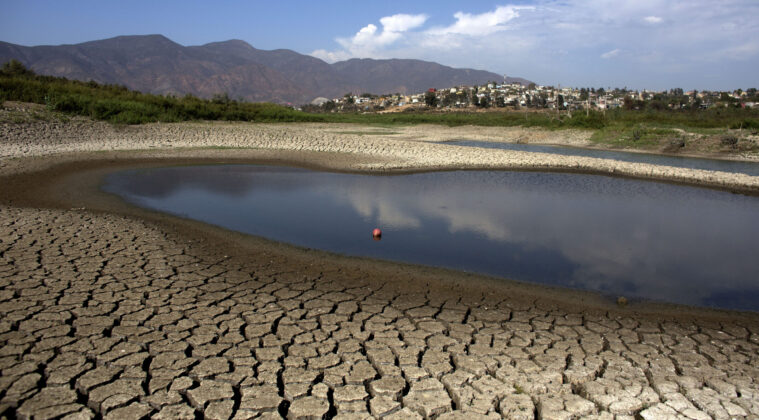San Francisco: Impacts from climate change are rapidly accelerating in California, according to a new report.
The nearly 700-page report, developed by over 100 scientific experts and 40 Tribes, focuses on more than 40 key climate indicators and tracks the state’s actions in response, painting a stark picture of the escalating climate crisis in the most populous state in the US and documenting the wide-ranging effects of global reliance on fossil fuels on the state’s weather, water and residents, reports Xinhua news agency.
The report was released on Tuesday by The Office of Environmental Health Hazard Assessment, a specialised department within the state cabinet-level California Environmental Protection Agency in charge of evaluating health risks from environmental chemical contaminants and providing scientific advice to the state’s policymakers.
The report listed many detailed escalations of climate change. For example, half of the state’s largest wildfires over the past 70 years occurred in just two years.
The last two decades have been the driest in the past millennium, with California glaciers rapidly disappearing and temperatures up 2.5 degrees since 1895.
“Across the state, we live the experience of extreme weather, deepening drought, and deadly wildfires and heatwaves,” said the environmental protection agency’s Secretary Yana Garcia in a statement.
“This report shows scientifically what we know from experience. Since the last update in 2018, weather extremes have intensified and become more erratic. Some changes in the past four years are irreversible, such as the near disappearance of glaciers from the Trinity Alps,” said the statement.
Meanwhile, the report also hailed California’s efforts to take actions that could serve as a model for other states.
It urged the state government to do more, including measures to protect coastal waters, investment in renewable energy resources and phasing out gas-powered vehicles.
In September, California Governor Gavin Newsom signed a slate of aggressive climate measures to accelerate the state’s transition to a carbon-neutral economy while protecting residents from pollution and holding companies responsible.
(IANS)
















